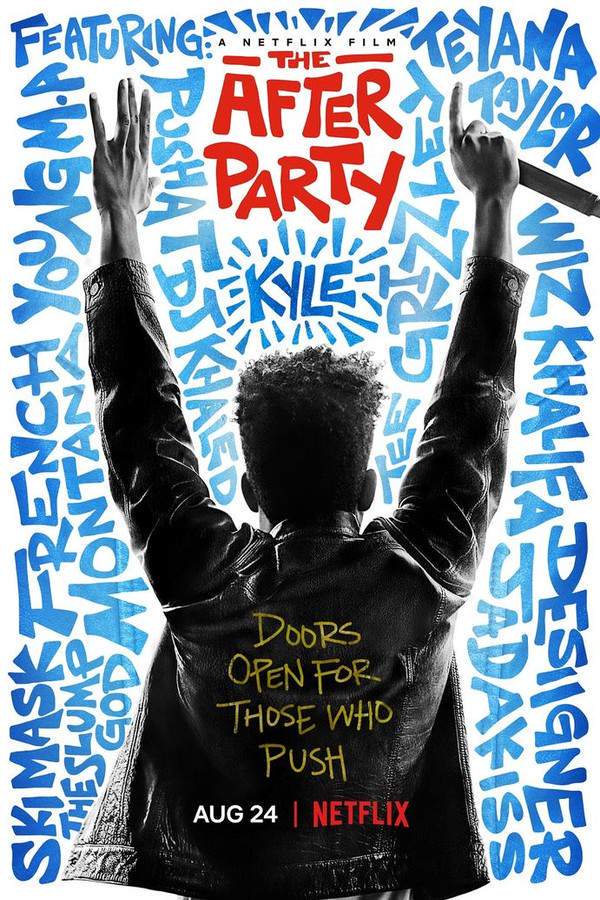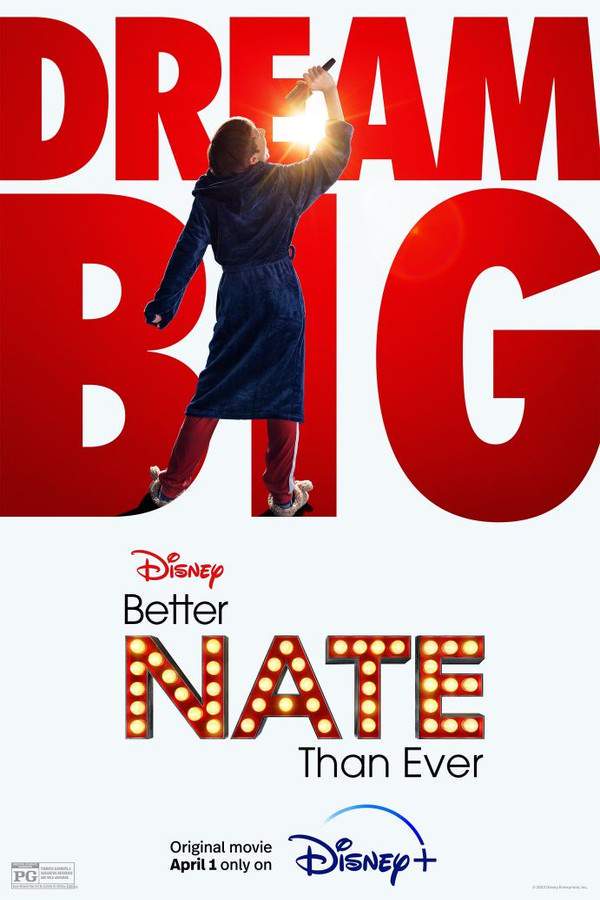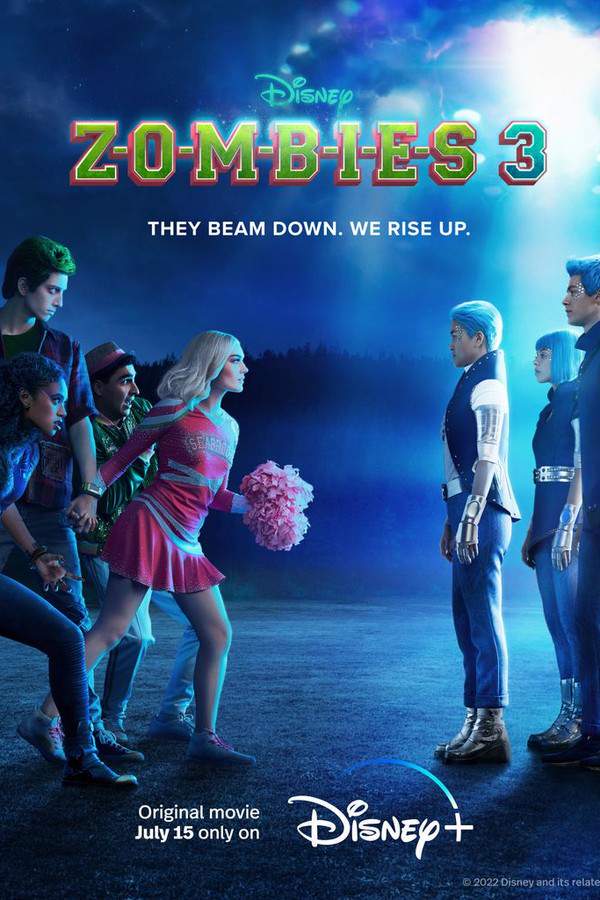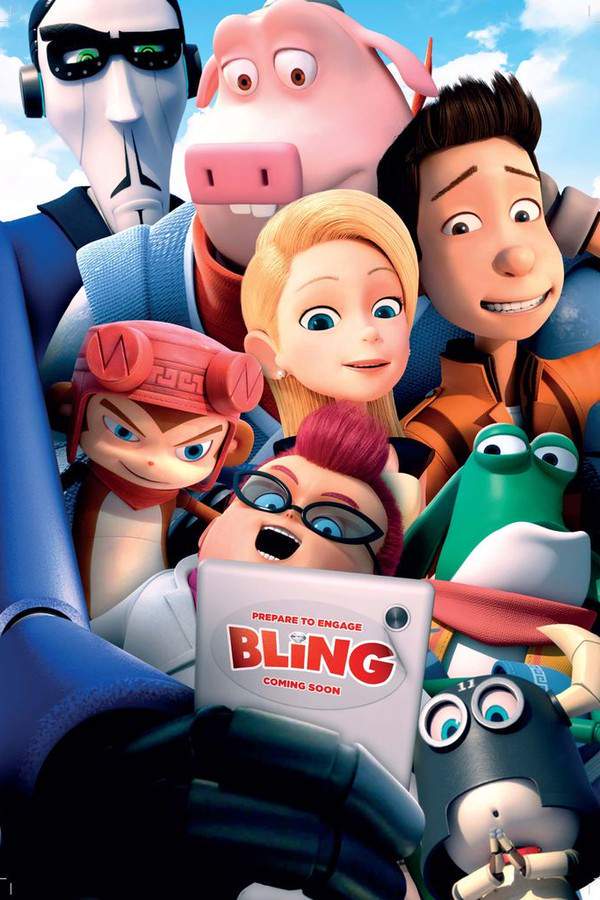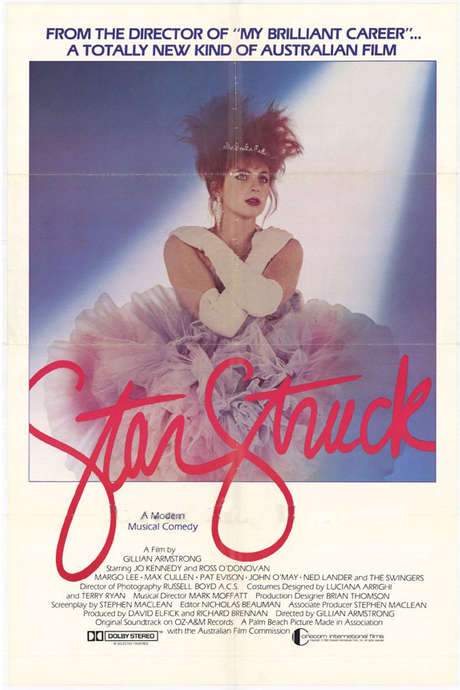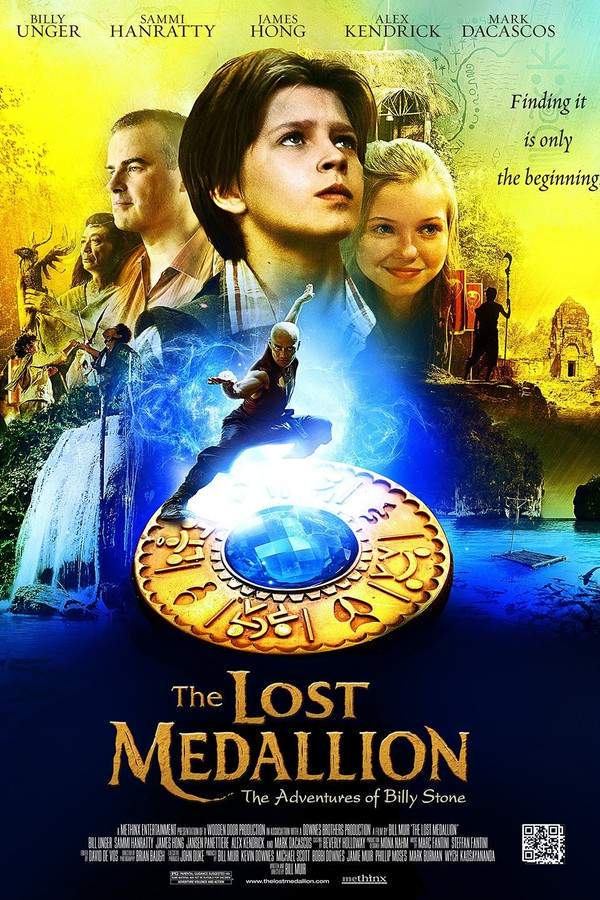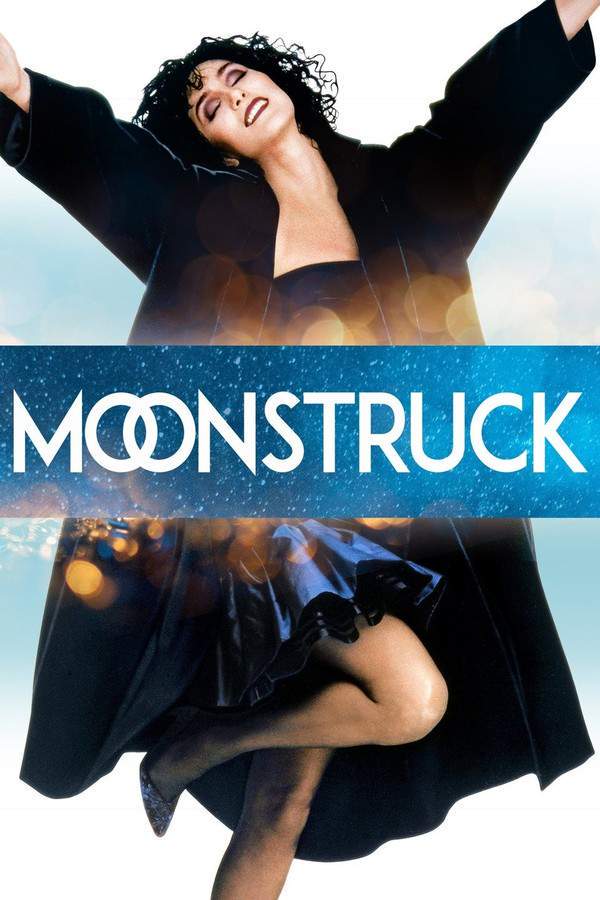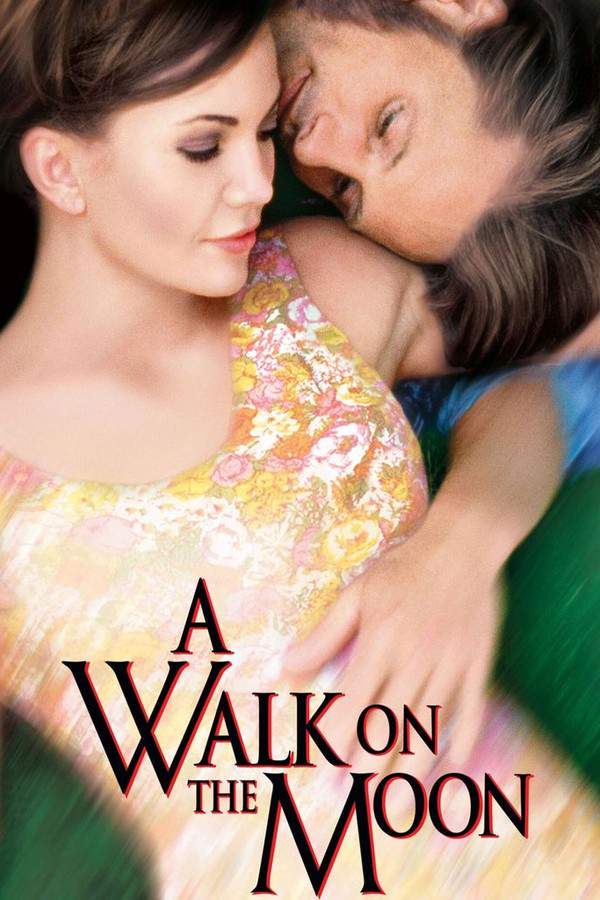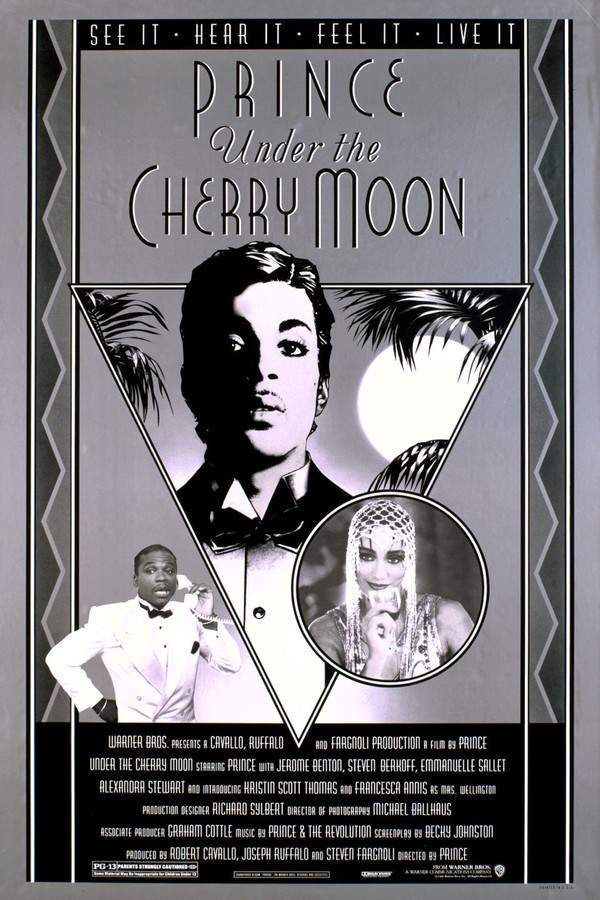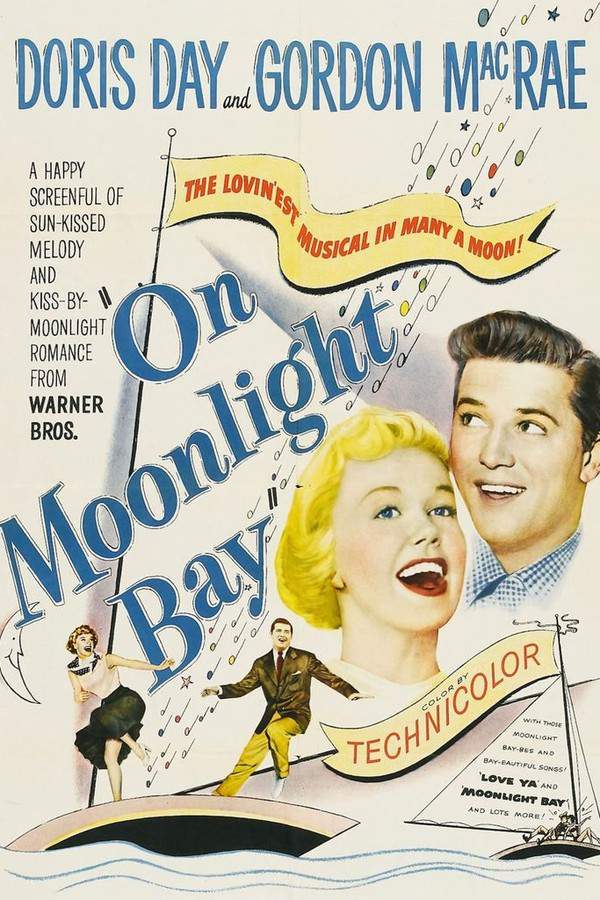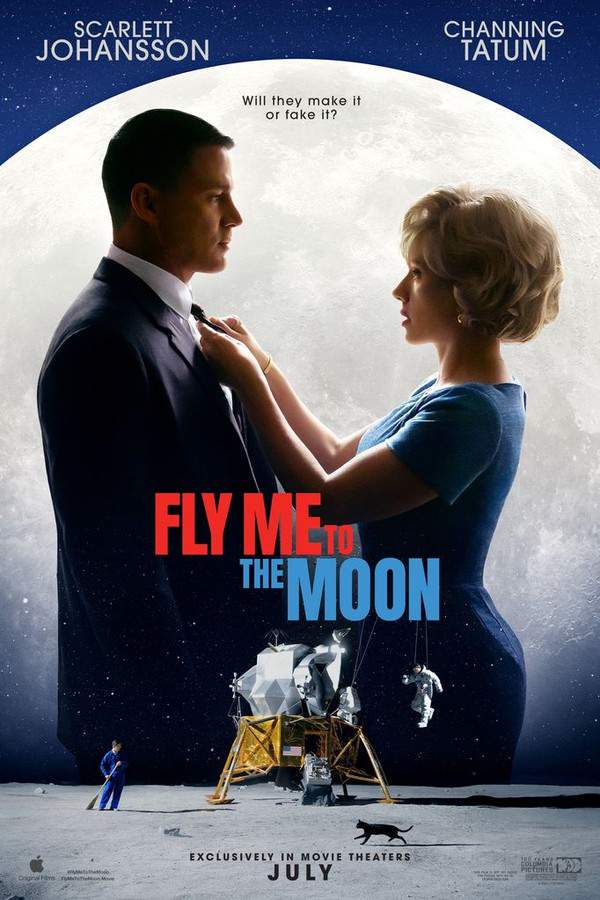
Sitting on the Moon
Year: 1936
Runtime: 66 mins
Language: English
Director: Ralph Staub
A successful songwriter and a struggling singer become involved professionally and romantically on the road to stardom.
Warning: spoilers below!
Haven’t seen Sitting on the Moon yet? This summary contains major spoilers. Bookmark the page, watch the movie, and come back for the full breakdown. If you're ready, scroll on and relive the story!
Sitting on the Moon (1936) – Full Plot Summary & Ending Explained
Read the complete plot breakdown of Sitting on the Moon (1936), including all key story events, major twists, and the ending explained in detail. Discover what really happened—and what it all means.
Danny West wakes up in a taxi outside Regent Pictures Inc., beside an unknown woman, with only hazy memories of the night before. The woman is still asleep, and he quietly asks the driver to drop her off where they picked her up. The morning scene sets the tone for a movie built on chance encounters, old loyalties, and the blurred line between work and romance in the life of a working songwriter.
Danny West and his songwriting partner Mike are soon pulled into a high-stakes assignment: deliver a tune to a powerful studio executive, Tucker. The studio politics quickly become tangled with love and ambition. Actress Polly Blair once walked away from Tucker, and now she’s finding that he won’t even consider her for the chorus. Mattie, Polly’s steadfast friend, stands by her side as the behind-the-scenes drama unfolds. Danny feels a personal pull toward Polly, remembering how she chose his and Mike’s song “Who Am I” for the film Fugitive Princess, a decision that helped launch Danny’s career. That breakthrough song remains a touchstone for both of them as Danny composes “Sitting on the Moon” for Polly, which Polly performs with Charlie Lane and his ensemble, giving the moment a shimmering, hopeful energy.
Before the engagement party, winds shift: Danny and Mike are fired from the studio. Charlie Lane, who has secured a broadcasting deal in New York, hopes Polly will join him on a new path, but Polly chooses to stay with Danny. Blossom, the taxi woman who sparked the whole morning after scene, shows up at the party and drops a bombshell: she and Danny allegedly married that night. She leaves, and a crushed Polly and Mattie exit with her.
The plot thickens as Blossom presses for a divorce in exchange for $10,000 in cash. Mike urges Danny to head to New York, but Danny declines, choosing loyalty and the uncertain future with Polly. Polly’s star, however, continues to rise on New York radio’s Happy Go Lucky Hour, and her record sales soar. Mike discovers a troubling discrepancy: Charlie, who signed Polly, is earning $3,500 while paying her only $100—a clear sign of the inequities behind show business glamor.
Driven by the urge to protect Polly and push back against unfair treatment, Danny travels to New York and confronts Charlie, who raises Polly’s salary to $1,000 a week. Polly is thrilled to hear Danny is in town, and the energy between them crackles with renewed purpose. A tabloid clip shows Blossom boasting of “eleven husbands,” a sensational twist that only adds fuel to Polly’s resolve to prove herself on her own terms. The live show becomes a turning point: against the wishes of the show’s owner, Polly interrupts the broadcast to sing “Lost in My Dreams,” a song Danny wrote for her. The moment is electric—she sings a cappella at first, then is joined by three musicians hired by Danny, followed by a full ensemble.
The performance changes everything. The owner finally invites Polly to stay on the show and signals that Danny’s talent will be used to write songs for her moving forward. What started as a chance encounter in a taxi becomes a test of loyalty, heartbreak, ambition, and the power of music to bridge both professional and personal divides.
Last Updated: October 09, 2025 at 09:33
Explore Movie Threads
Discover curated groups of movies connected by mood, themes, and story style. Browse collections built around emotion, atmosphere, and narrative focus to easily find films that match what you feel like watching right now.
Breezy Showbiz Romances like Sitting on the Moon
Effortless romantic comedies where love blossoms under the bright lights of ambition.If you liked the charming blend of romance and career ambition in Sitting on the Moon, explore more movies like it. These films capture the hopeful, energetic vibe of creative partnerships blossoming into love within the glamorous, fast-paced world of entertainment.
Narrative Summary
The narrative pattern follows two talented individuals—often a creator and a performer—whose paths cross in the world of entertainment. Their professional collaboration becomes intertwined with a budding romance, navigating minor setbacks and industry politics on a swift, upward trajectory toward shared success and happiness.
Why These Movies?
Movies in this thread are grouped by their shared upbeat tone, fast pacing, and light emotional weight. They consistently deliver a feel-good experience centered on the synergy of romantic and professional fulfillment within the exciting, glamorous setting of show business.
Hopeful Journeys to Stardom like in Sitting on the Moon
Upbeat stories of talent, determination, and the thrilling ascent to success.Find more movies with a story similar to Sitting on the Moon's upbeat climb to success. These films share a hopeful tone and fast pacing, following determined characters as their talent and perseverance lead them to a fulfilling career and a happy ending in the spotlight.
Narrative Summary
The central journey is one of professional ascent, where a protagonist's raw talent is discovered and nurtured. The plot moves quickly through opportunities and obstacles, emphasizing perseverance and collaboration over deep conflict, ultimately culminating in a triumphant public validation of their skill and dreams.
Why These Movies?
These movies are united by a core narrative of optimistic ambition and a relatively smooth path to achievement. They provide an energizing and satisfying watch by focusing on the thrill of success rather than the depths of struggle, making them perfect for a light, hopeful viewing experience.
Unlock the Full Story of Sitting on the Moon
Don't stop at just watching — explore Sitting on the Moon in full detail. From the complete plot summary and scene-by-scene timeline to character breakdowns, thematic analysis, and a deep dive into the ending — every page helps you truly understand what Sitting on the Moon is all about. Plus, discover what's next after the movie.
Sitting on the Moon Timeline
Track the full timeline of Sitting on the Moon with every major event arranged chronologically. Perfect for decoding non-linear storytelling, flashbacks, or parallel narratives with a clear scene-by-scene breakdown.

Characters, Settings & Themes in Sitting on the Moon
Discover the characters, locations, and core themes that shape Sitting on the Moon. Get insights into symbolic elements, setting significance, and deeper narrative meaning — ideal for thematic analysis and movie breakdowns.

Sitting on the Moon Spoiler-Free Summary
Get a quick, spoiler-free overview of Sitting on the Moon that covers the main plot points and key details without revealing any major twists or spoilers. Perfect for those who want to know what to expect before diving in.

More About Sitting on the Moon
Visit What's After the Movie to explore more about Sitting on the Moon: box office results, cast and crew info, production details, post-credit scenes, and external links — all in one place for movie fans and researchers.

Similar Movies to Sitting on the Moon
Discover movies like Sitting on the Moon that share similar genres, themes, and storytelling elements. Whether you’re drawn to the atmosphere, character arcs, or plot structure, these curated recommendations will help you explore more films you’ll love.
Explore More About Movie Sitting on the Moon
Sitting on the Moon (1936) Scene-by-Scene Movie Timeline
Sitting on the Moon (1936) Movie Characters, Themes & Settings
Sitting on the Moon (1936) Spoiler-Free Summary & Key Flow
Movies Like Sitting on the Moon – Similar Titles You’ll Enjoy
Moonstruck (1987) Full Movie Breakdown
A Walk on the Moon (1999) Ending Explained & Film Insights
Under the Cherry Moon (1986) Full Summary & Key Details
On Moonlight Bay (1951) Film Overview & Timeline
Fly Me to the Moon (2024) Detailed Story Recap
Moon in a Bottle (2007) Full Summary & Key Details
Moon, Star and Sun (1988) Story Summary & Characters
Wandering with the Moon (1945) Film Overview & Timeline
The Moon Is Blue (1953) Spoiler-Packed Plot Recap
Let’s Sing a Song About the Moonlight (1948) Complete Plot Breakdown
Moon Over Miami (1941) Ending Explained & Film Insights
Moon Over Harlem (1939) Plot Summary & Ending Explained
Garden of the Moon (1938) Complete Plot Breakdown
Dancing on the Moon (1935) Full Summary & Key Details
Reaching for the Moon (1930) Movie Recap & Themes

